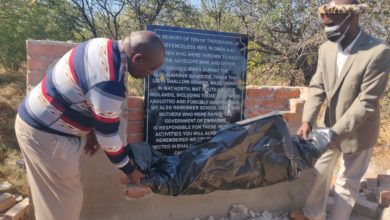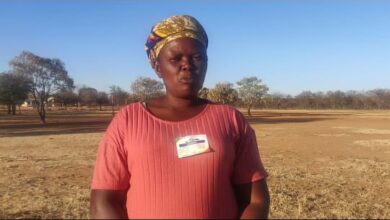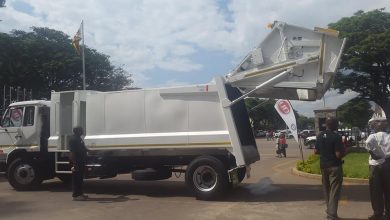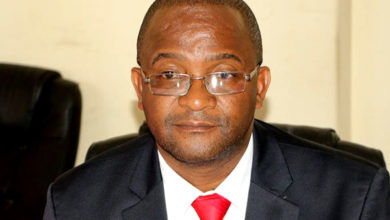Zim schools encouraged to start green clubs
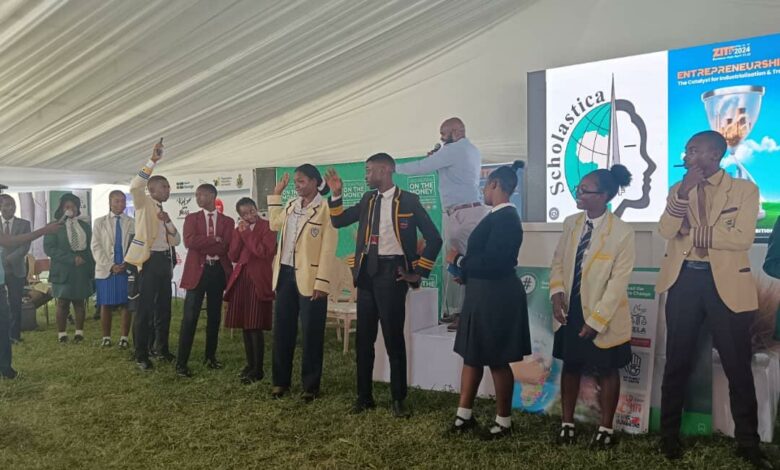
Schools in Zimbabwe have been encouraged to set up environmental clubs, to capacitate learners with knowledge and create awareness on upholding Environmental Children’s Rights.
The discussion was held on day two of the five-day ZITF Scholastica Expo 2024. The session, titled, “The Green Revolution: Nurturing Young Eco Entrepreneurs” was facilitated by Terre Des Hommes, an organisation that advocates for children’s rights worldwide, and the Zimbabwe Environmental Law Association (ZELA).
In an interview with CITE, Obert Bore, ZELA Project Officer, explained the importance of teaching children about their environmental rights, stating that they are the most vulnerable group when it comes to the impact of climate change.
“Climate change has more impact on children than anyone else because of their physical make-up, yet they do not contribute much to the phenomenon. We come from that perspective where we want children to be aware of how they are impacted by climate change,” Bore said.
“We use what we call the environmental approach to create awareness of their environment and the extractive industry and climate change impacts on the enjoyment of Environmental Children’s Rights. These include the rights to education, food, water, and sanitation among others.”
Bore said their entry point at schools is raising awareness and capacity building for children to understand environmental issues.
“Schools are encouraged to establish environmental clubs. As an organisation, we recognise the education system, which acknowledges that children should be taught all these things. It is already being taught under the current curriculum. We help the government program by capacitating the children through environmental clubs,” Bore said.
“These clubs are an entry point for sustainability to ensure that after the implementation, the clubs can run independently of us. Through these clubs, children can independently choose the programs that they want to embark on, and how they want to contribute to their community in terms of food, livelihood projects etc.”
MAPS Environment and Climate Action Programme Coordinator for TDH Germany, Africa Office, Sithandweyinkosi Nkomo, said they are capacitating children to have a voice when it comes to advocating for their environmental rights.
“TDH is a funding partner on this project. In our quest to uphold the rights of the children, we have a strategic goal that we call “Young Environmental Voices.” The gist of it is that children have a voice when it comes to their environmental rights. We acknowledge that in as much as they are not directly contributing to climate change and environmental degradation, their rights are being violated. We thus want to give them a voice to speak out against the violation of their rights in their communities. If they are educated, then they can implement what they learn. A child who is trained on climate-smart agriculture at a school garden can cascade that knowledge to their homes and communities,” Nkomo said.
“We aim to give children a voice but we will not do this operating in a vacuum, it’s based on regional and international treaties such as the Nairobi declaration where they proffered solutions to environmental issues that can be addressed. We are basing this on multi-actor partnerships, where we engage all stakeholders that have a role to play. These include EMA, councillors, RDCs, ministries, NGOs and CSOs.”


